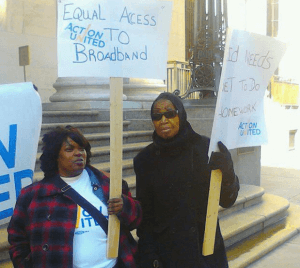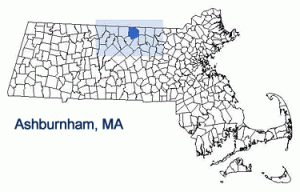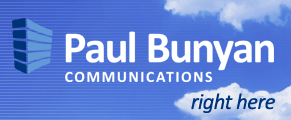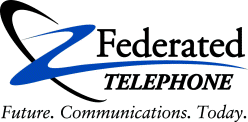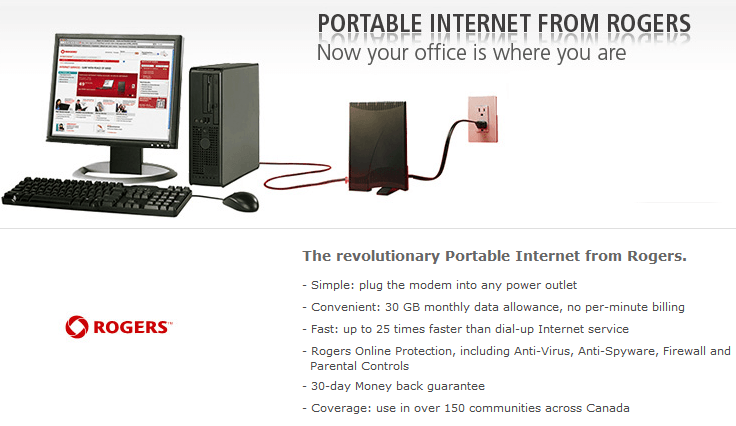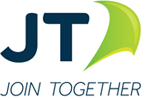 The Bailiwick of Jersey, one of the British Channel Islands off the coast of Normandy, France, is being wired for fiber broadband speeds as high as 1Gbps and the island’s 100,000 residents are thrilled.
The Bailiwick of Jersey, one of the British Channel Islands off the coast of Normandy, France, is being wired for fiber broadband speeds as high as 1Gbps and the island’s 100,000 residents are thrilled.
Jersey Telecom (JT), a government-owned service provider, expects to reach every one of the island’s 42,000 homes with Gigabit Jersey — a super-fast fiber network by the end of 2016. The first 24 homes were switched on for service this week, with new homes coming online daily.
 Graeme Millar, JT CEO, says Jersey’s new fiber network replaces the island’s antiquated copper wire based DSL service, and will result in much faster speeds for residents. The initial trial is focused on La Rocque, Fauvic, and La Moye, and all commercial broadband providers are welcome to use the network to sell their services to residents and businesses on the island.
Graeme Millar, JT CEO, says Jersey’s new fiber network replaces the island’s antiquated copper wire based DSL service, and will result in much faster speeds for residents. The initial trial is focused on La Rocque, Fauvic, and La Moye, and all commercial broadband providers are welcome to use the network to sell their services to residents and businesses on the island.
JT is offering a minimum of 40/40Mbps service to casual users and 1Gbps for Internet addicts.
The fiber project makes no distinctions between urban and rural residents and provides the same speeds to both businesses and residences. Broadband has become such an important part of island life, it is essential every home have equal access. With home-based businesses and home-based workers, it doesn’t make sense to only sell fast service to business customers.
The government spent £19m ($29.8 million) on the fiber network it calls an investment in the future. None of the funding comes from the pockets of the island’s taxpayers.
Jersey officials claim the project will attract new high-tech businesses to the island, which is closer to France than England.
Government officials, and many residents, have rejected complaints from private providers like Airtel-Vodafone who claim the Internet’s future is mobile/wireless, not fiber. Airtel-Vodafone fought Gigabit Jersey, claiming “fast enough” Internet access was possible over their mobile broadband network. The company claimed the government investment interfered with private companies’ business plans for Jersey.
 “Airtel had no intention of delivering anything close to the speeds we are going to get from JT, and they would hand us plans with small usage allowances and high prices to boot,” says Stop the Cap! reader Marie, who lives on Jersey. “These companies believe it is more important to let private business dictate the Internet future of Jersey instead of letting people, through our local government, make that choice for ourselves.”
“Airtel had no intention of delivering anything close to the speeds we are going to get from JT, and they would hand us plans with small usage allowances and high prices to boot,” says Stop the Cap! reader Marie, who lives on Jersey. “These companies believe it is more important to let private business dictate the Internet future of Jersey instead of letting people, through our local government, make that choice for ourselves.”
JT’s Gigabit Jersey project claims to be the most ubiquitous and comprehensive Gigabit fiber network in the western world, because it will reach every resident and business on the island.
“Why would anyone want an expensive, slower, and congested wireless network from Vodafone when you can have 1Gbps fiber broadband instead?” asks Marie. “If you want to walk around with a tablet, put a wireless router up and point it into the garden and be done with it.”
JT will gradually replace the island’s existing copper infrastructure as the project continues over the next four years. The fiber network is expected to also bring down broadband prices, which run as high as $79 a month for 20Mbps service.
[flv width=”512″ height=”308″]http://www.phillipdampier.com/video/ITV Channel Islands Ozouf under fire over Gigabit Jersey 12-11.mp4[/flv]
ITV in the Channel Islands reports on Gigabit Jersey, the island’s new fiber to the home network, and the controversy over its funding and opposition from private providers. (2 minutes)


 Subscribe
Subscribe

 The group, which says it has 44,000 members in Philadelphia, Pittsburgh, Harrisburg and Allentown, says it could find only two families among its members that actually qualified to sign up for the service. Some were disqualified because they didn’t participate in the school lunch program, others because they already have Internet service or had a long-forgotten past due bill.
The group, which says it has 44,000 members in Philadelphia, Pittsburgh, Harrisburg and Allentown, says it could find only two families among its members that actually qualified to sign up for the service. Some were disqualified because they didn’t participate in the school lunch program, others because they already have Internet service or had a long-forgotten past due bill.